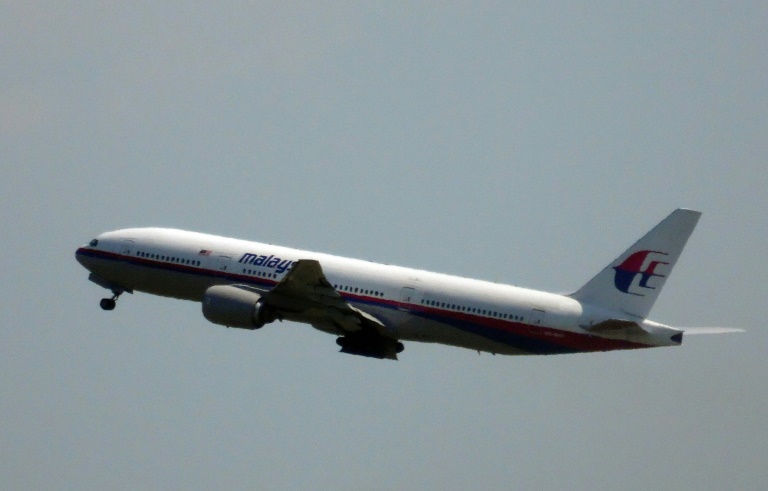Terminal delay: Major airport hit by cyberattack

Malaysia Airlines MH17 leaving Schiphol Airport in the Netherlands on July 17, 2014 on its doomed flight – Copyright ANP/AFP/File Fred NEELEMAN
The news of the cyberattack on the Port of Seattle, affecting the Seattle-Tacoma International Airport’s IT systems, serves as a reminder of the vulnerabilities within critical infrastructure.
Transportation remains a major risk area for cyberattacks. The effects are considerable due to the fragility such interconnected systems. The downside is an impact upon passengers and lasting supply chain issues.
This recent incident underscores the need for continuous vigilance to protect the operational integrity of such essential services.
Looking into the matter for Digital Journal is Steve Cobb, Chief Information Security Officer of SecurityScorecard.
Cobb begins by addressing the primary security issues impacting the transportation network: “Each week, we are reminded of the growing vulnerabilities within critical infrastructure, with reports of cyber incidents continuing to make headlines. This weekend was no exception, as a cyberattack on the Port of Seattle affected systems at Seattle-Tacoma International Airport.”
This recent incident highlights how and why the aviation industry, along with other critical infrastructure sectors, remains a prime target for threat actors.
Cobb explains: “Airlines are indispensable to society’s functioning, making them particularly attractive to cybercriminals intent on causing widespread disruption.”
Drawing on data from his own company, Cobb adds: “Recent SecurityScorecard research found that aviation-specific software & IT vendors have the lowest scores in the airline industry, highlighting the growing threat of third-party breaches in the sector.”
Drawing a parallel with another recent cybersecurity issue impacting a major utility firm, Cobb observes: “This incident comes on the heels of the cyberattack on Halliburton, one of the world’s largest energy service companies. In response to the breach, the company shut down some of its systems to contain the breach. As a major provider of drilling services and equipment to energy producers, this cyberattack significantly disrupts operations.”
There are reasons why cyberattacks are so cataclysmically bad, says Cobb: “Critical infrastructure is inherently complex and interconnected, creating numerous entry points for attackers.”
This leads to consequences: “As a result, the impact of a successful breach can be devastating, affecting not just the targeted entity but also the broader community and economy. To counter these persistent threats, critical infrastructure organizations must implement robust mitigation strategies, prioritizing the security of not only their own systems but of all third-party systems as well.”
Terminal delay: Major airport hit by cyberattack
#Terminal #delay #Major #airport #hit #cyberattack





